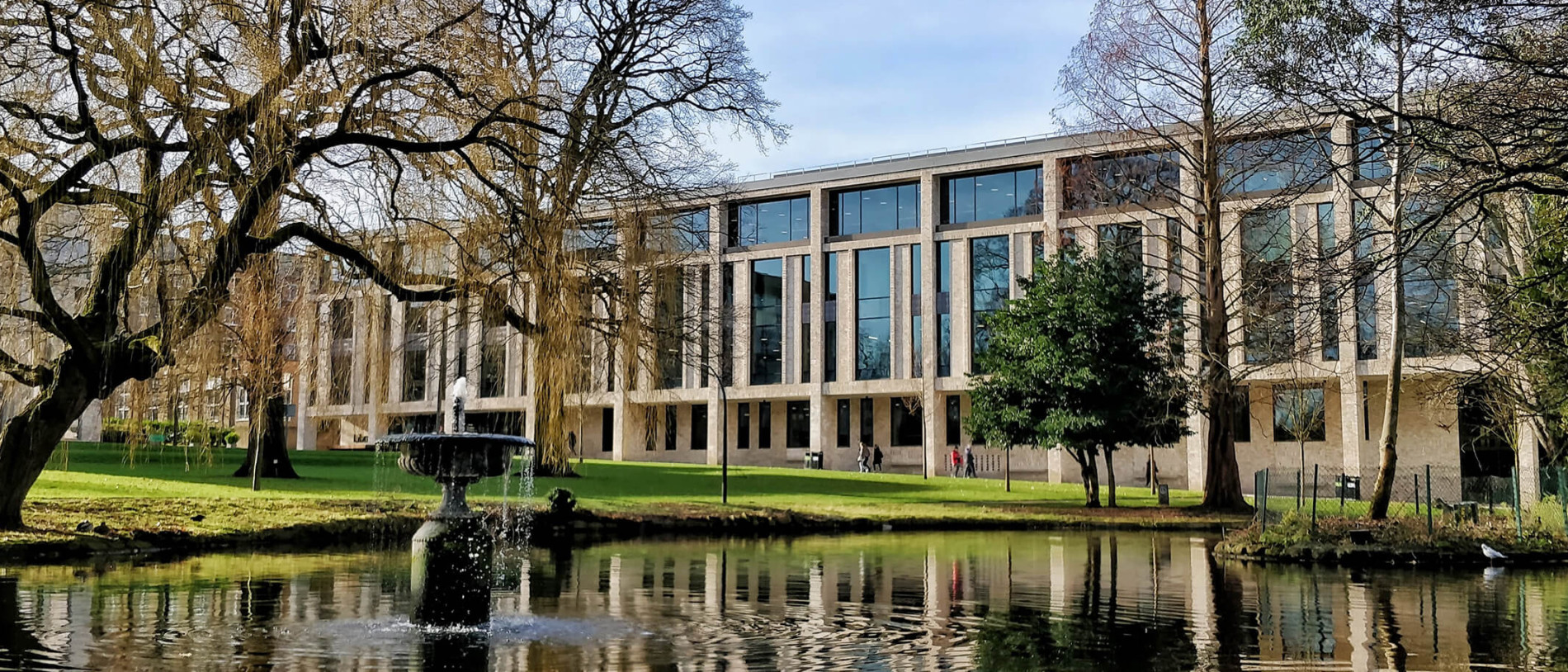

University of Roehampton (London)
Counselling Psychology
Study detals
: Master's degree : PsychD Counselling Psychology : Full time : 36 MonthRequirements
Entry requirements
Roehampton English Language Test
- Postgraduate degrees - mapped to IELTs scores
TOEFL IBT
- Postgraduate degrees - 89 overall with a minimum of 17 in listening and writing, 18 in reading and 20 in speaking
IELTS Academic
· Postgraduate degrees – 6.5 overall with a minimum 5.5 in each component
Cambridge Advanced Certificate
- Postgraduate degrees - 176 overall with a minimum 162 in each component (some schools require a minimum of 169 in each)
Cambridge Proficiency Certificate
- Postgraduate degrees - 176 overall with a minimum 162 in each component (some schools require a minimum of 169 in each)
All applicants that require a Tier 4 visa must also meet the minimum English Language requirements before we can issue a Certificate of Acceptance for Study (CAS) that is needed to apply for a Tier 4 visa.
Academic requirements
Along with a complete application, EU and international applicants are required to submit various supporting documents. These include:
- Academic qualifications (certificate and transcript)
- Valid English language qualification
- Personal statement
- Two references
Speciality
There aren’t any pathways available
Additional information
Degree Overview
This programme is at the leading edge of international developments in counselling psychology practice, research and theory; and brings together contemporary understandings from person-centred psychodynamic and cognitive-behavioural models of therapy. There is a strong emphasis on your identity and employability as a practitioner psychologist, including skills in assessment and formulation, leadership, service evaluation, psychological testing, qualitative and quantitative research methods. The programme attracts a diverse group of trainees who have gained relevant experience in fields such as counselling and psychotherapy, research and academia, and the NHS, and who are passionate about becoming counselling psychologists. The course is based on a pluralistic relational philosophy that values diversity, and promotes individual empowerment and social change. This means that we respect and value a wide range of approaches to psychological intervention and research, view relationships as central to wellbeing, and seek to enable trainees to make a positive difference both at an individual and social level through their clinical and research work. You will join a vibrant community of practitioners and researchers, who will help you achieve your goals, and enable you to make a valuable contribution to the field of counselling psychology. The closing date for applications to be considered for September 2022 entry is 28th February 2022. It is expected that interviews for candidates who are shortlisted will take place in the weeks of the 18th and 25th April. Any applications received after the 28th February 2022 may be considered if places remain available following the April interviews. Before submitting an application all candidates must read the full Programme Outline and entry requirements. To apply for this programme, applicants should click on the 'apply for this course' link and submit an online application via the 'Postgraduate taught programmes' tab. In years one and two as a trainee, you will focus on gaining clinical experience working in person-centred and psychodynamic models of therapy respectively. In year three, you will have the option of gaining experience working in a cognitive-behavioural, integrative or pluralistic model. By the end of the programme, you will have completed a minimum requirement of 450 supervised client hours in a range of placement settings. Starting in your second year, you will work towards the production of a doctoral portfolio to showcase and integrate your learning as a counselling psychologist, across both professional practice and research domains. The portfolio contains elements, such as research papers, that you will be encouraged to submit for publication, thus further enhancing your professional contribution and employability.
Study Reasons
- As an HCPC registered Counselling Psychologist you will be qualified to work in a range of settings, including the NHS, the voluntary sector and private practice. As well as providing psychotherapeutic interventions, your work may include providing clinical supervision, service management, teaching, research and consultancy.
- This programme provides professional training that leads to eligibility for registration as a counselling psychologist with the Health and Care Professions Council (HCPC) and chartered status with the British Psychological Society (BPS).
- During your training, you will develop key transferable skills as a practitioner psychologist, in research, psychological testing, service evaluation, team working and leadership. Your development will be closely supported and monitored throughout the programme, using formative and summative assessment, involving clinical tutors and research supervisors.